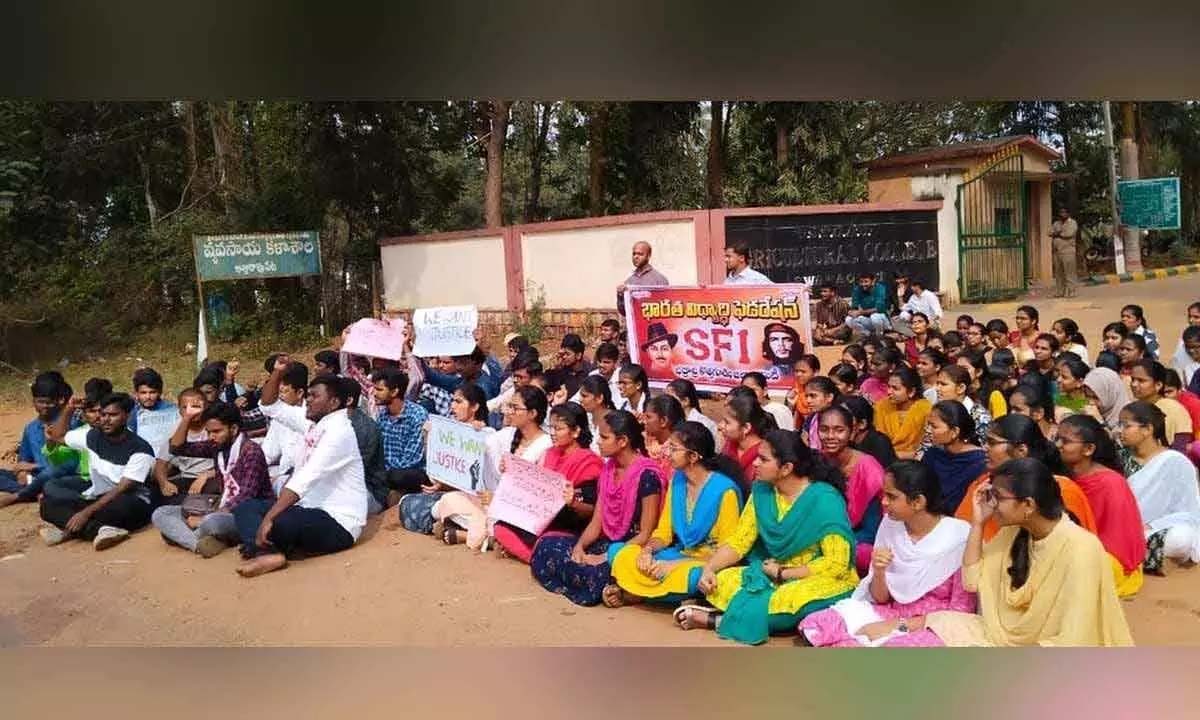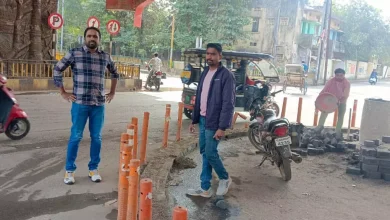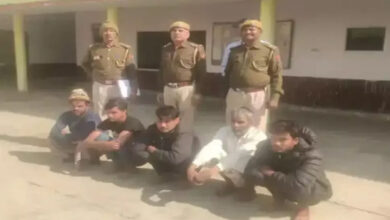
In academic circles and among students within State universities, the recent developments surrounding the acquisition of 100 acres of land from Professor Jayashankar Telangana State Agriculture University (PJTSAU) by the State government have become a contentious issue. The sudden opposition from students and student unions suggests a growing concern regarding the government’s intentions.
An anonymous former senior official from PJTSAU, in conversation with The Hans India, pointed out that during the BRS regime, PJTSAU enjoyed a degree of autonomy not witnessed in other State universities. Unlike its counterparts, PJTSAU had a vice-chancellor for nearly two terms, contributing significantly to research and development. The university, which should ideally have a Board of Management (BoM) and a Board of Academics (BoA), played a pivotal role in academic decision-making during the BRS era.
According to the former official, BoM is responsible for non-academic decisions, including the acquisition and allocation of university lands. Universities being autonomous bodies, any government acquisition of their lands necessitates concurrence from BoM before official orders are issued. The concern among students and faculty is that the current government might be following the bureaucratic dominance observed in the university affairs during its predecessor’s tenure.
University sources have revealed that PJTSAU enjoyed significant autonomy compared to other State universities during the BRS regime, having a full-time vice-chancellor for most of the time since the formation of Telangana. The university has played a crucial role in meeting government expectations through its research and development activities, earning recognition as one of the top agriculture universities in the country.
However, it is noteworthy that the university lacked a complete 22-member Board of Management, a body supposed to include representatives from the Indian Council for Agriculture Research (ICAR), public representatives, eminent agriculture scientists, and ‘adarsh’ farmers, among others. Instead, the university operated with a BoM primarily dominated by government nominees for the past decade. Currently, the university is under the charge of an acting vice-chancellor, who is also part of the government administrative machinery.
Questions linger among faculty, research scholars, and students about whether BoA and BoM have approved the alienation of university land. If approvals were granted, why were they not disclosed until the issuance of a Government Order (GO)? Alternatively, there are concerns that the government might have unilaterally issued orders for the acquisition of PJTSAU’s land, raising further apprehensions about the autonomy of academic institutions in the State.
















